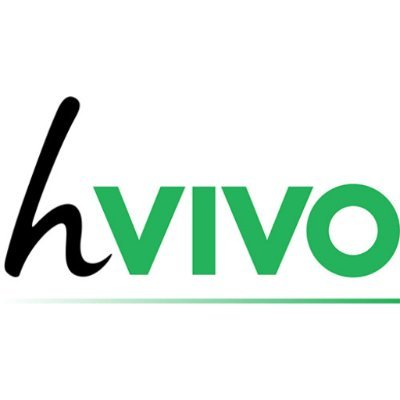Host response biomarkers to viral infections have significant potential in clinical applications, such as guiding diagnostic decisions, reducing unnecessary antibiotic use, and triggering infection control protocols or antiviral treatments. Research on these biomarkers has largely focused on whole blood samples, which are easy to collect and provide consistent results. Genome-wide transcriptional profiling has become the standard approach, driven by advances in technical and analytical methods.
Studies have revealed various blood transcriptional signatures linked to viral infections, discovered through case-control studies and experimental viral challenges. These signatures help differentiate viral infections from healthy individuals or other diseases. Previous research has tested the accuracy of these biomarkers, particularly in detecting SARS-CoV-2 infections. For instance, some biomarkers, like the IFI27 gene, offered near-perfect differentiation between infected and uninfected individuals, even identifying infections before PCR tests returned positive results.
However, observational studies of natural infections face challenges in synchronising the exposure and replication phases of infection, limiting the identification of biomarkers for specific infection stages. To address this, a controlled SARS-CoV-2 challenge study was conducted, measuring viral replication and host responses throughout the infection process. This study compared various transcriptional signatures and their ability to distinguish between infected and non-infected participants across different time points. It also examined the biomarkers’ correlation with symptoms, viral load, and potential epigenetic mechanisms affecting gene expression.
The study identified 26 blood transcriptional signatures associated with viral infection, including six single-gene biomarkers. These signatures showed varying degrees of accuracy in discriminating between infected and uninfected participants, with many performing exceptionally well in the early stages of infection. For instance, biomarkers like MX1 were highly effective early on, while IFI27 showed stronger discrimination in later stages. The study further explored the cellular sources of these biomarkers, with MX1 showing broad expression across immune cell types, while IFI27 was mainly expressed in myeloid cells.
Notably, the biomarkers MX1 and IFI27 were able to detect replicative infection even in the absence of symptoms, with MX1 being more reliable in early stages and IFI27 in later stages. Both biomarkers also demonstrated varying correlations with viral load, with MX1 offering better prediction in the early stages and IFI27 being more useful later on.
The study also extended its findings to other respiratory viruses, such as influenza, showing that MX1 and IFI27 biomarkers followed similar temporal patterns across different infections. Moreover, these biomarkers proved useful in distinguishing infected individuals from healthy contacts in real-world settings, further confirming their potential for broader diagnostic applications.
In terms of clinical implications, the findings suggest that MX1 and IFI27 could serve as valuable diagnostic tools. MX1 may be particularly useful for early detection, while IFI27 could be employed for later-stage infection identification. The combination of both biomarkers could offer optimal diagnostic accuracy across different stages of infection.
However, the study acknowledges the limitations of its findings, particularly in severe infections, and highlights the need for further validation in hospitalised cohorts. Additionally, it suggests that MX1 and IFI27 could be used not only for diagnostics but also for guiding antiviral treatments and infection control measures.
The study underscores the utility of blood transcriptional biomarkers like MX1 and IFI27 in diagnosing and managing viral infections. By differentiating between early and late stages of infection, these biomarkers could improve diagnostic triage, patient stratification for treatment, and infection control. Future research is needed to refine their application in severe cases and across different types of viral infections.
hVIVO plc (formerly Open Orphan plc), led by Cathal Friel, is a rapidly growing specialist contract research organisation (CRO) and the world leader in testing infectious and respiratory disease vaccines and antivirals using human challenge clinical trials, providing end-to-end early clinical development services for its broad and long-standing client base of biopharma companies.


